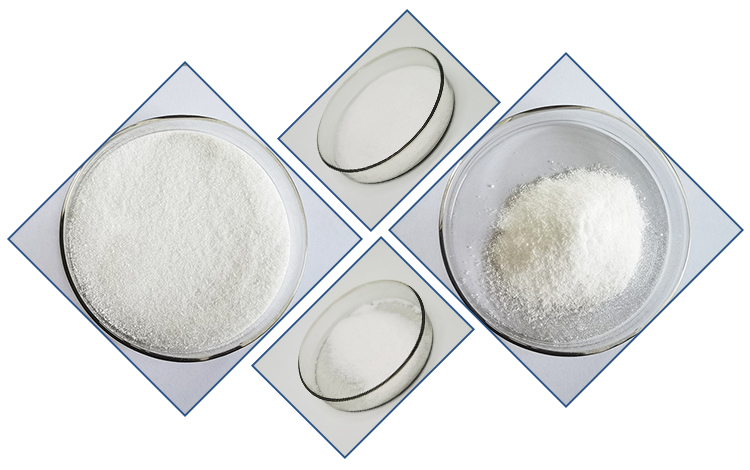“Snow White Powder” typically refers to cocaine, a powerful and illegal stimulant drug. The adverse effects of cocaine use are numerous and can be severe, affecting various aspects of health and well-being. Here is an overview of the adverse effects of cocaine use:
Physical Health Effects
1.Cardiovascular Issues:
Increased heart rate and blood pressure
Risk of heart attack, stroke, and arrhythmias
Constricted blood vessels
2.Respiratory Problems:
Difficulty breathing
Damage to the nasal passages and lungs (especially if snorted)
Increased risk of respiratory infections
3.Neurological Effects:
Seizures
Headaches
Increased risk of neurological disorders such as Parkinson’s disease
4.Gastrointestinal Complications:
Nausea and abdominal pain
Bowel gangrene due to reduced blood flow
5.Musculoskeletal Issues:
Muscle spasms and tremors
Severe muscle breakdown (rhabdomyolysis)

Psychological and Behavioral Effects
1.Addiction and Dependence:
High potential for addiction
Intense cravings and compulsive drug-seeking behavior
2.Mental Health Disorders:
Anxiety and paranoia
Depression and suicidal thoughts
Hallucinations and delusions
3.Behavioral Changes:
Aggressiveness and violent behavior
Impaired judgment and risky behaviors
Social withdrawal and isolation
Long-Term Effects
1.Chronic Health Issues:
Persistent cardiovascular and respiratory problems
Long-term cognitive impairments
Increased susceptibility to infections
2.Mental Health Decline:
Persistent mood disorders
Increased risk of developing severe mental health conditions
3.Impact on Lifestyle:
Financial problems due to the high cost of the drug
Legal issues, including arrests and incarceration
Strain on relationships and social connections
Overdose Risks
Cocaine overdose can be fatal and is characterized by severe symptoms such as:
Extremely high blood pressure
Hyperthermia (elevated body temperature)
Convulsions and seizures
Respiratory failure

Treatment and Recovery
1.Medical Intervention:
Immediate medical attention for overdose
Treatment for associated health conditions
2.Rehabilitation Programs:
Detoxification and withdrawal management
Behavioral therapy and counseling
Support groups and long-term recovery plans
Due to the severe health risks associated with cocaine use, seeking help and treatment for addiction is crucial for improving health outcomes and overall well-being.
